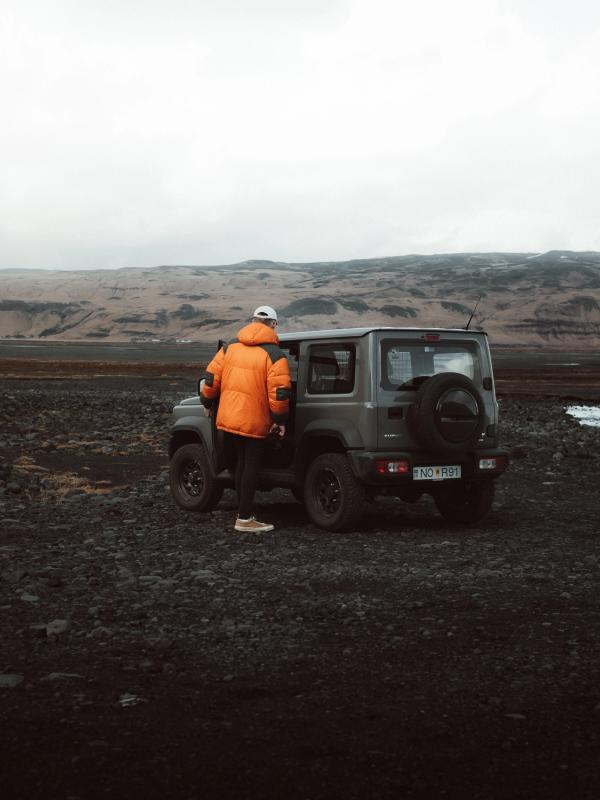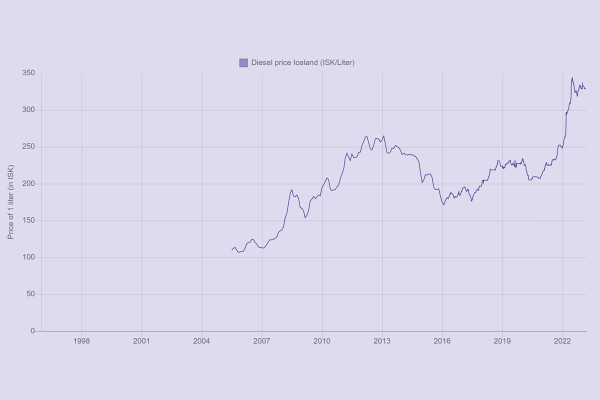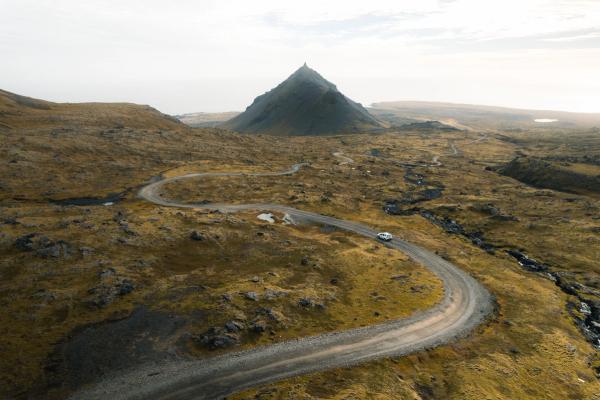
Diesel vs Gasoline Cars Rental: What is Cheaper in Iceland
Iceland, the land of fire and ice, is known for its breathtaking landscapes that beckon adventurers from all around the globe. But before you can embark on that epic road trip around the Ring Road or Golden Circle, you'll need a rental car. And that leads us to the question - Diesel or Gasoline cars, which is cheaper to rent in Iceland?
The Basics of Car Rentals in Iceland
Renting a car in Iceland opens up endless possibilities for exploring the country's stunning natural landscapes. But, it also poses a question: should you go for a diesel or gasoline rental car? This decision will not only impact your driving experience but also your travel budget.
Diesel vs. Gasoline Cars: An Overview
Both diesel and gasoline cars have their advantages and disadvantages, which we'll delve into later. But for now, let's understand the basic difference. Diesel engines are more fuel-efficient but might cost more upfront, while gasoline engines might be cheaper initially but consume more fuel.

Understanding Diesel Cars
Diesel cars have always been favored for their superior fuel efficiency. But what else do they offer, and what are the possible downsides?
Pros of Diesel Cars
- Fuel Efficiency: Diesel engines are about 30-35% more fuel-efficient than gasoline engines. This means fewer stops at the gas station, saving you both time and money.
- Durability: Diesel engines are built to withstand higher compression, making them more robust and longer-lasting.
Cons of Diesel Cars
- Higher Rental Costs: Diesel cars often have higher rental rates due to their greater fuel efficiency and durability.
- Availability: Diesel cars might not always be available at all car rental services.
Understanding Gasoline Cars
In contrast to diesel cars, gasoline cars are known for their lower initial costs and widespread availability. But what are the other pros and cons?
Pros of Gasoline Cars
- Lower Initial Costs: Gasoline cars usually have lower rental costs compared to diesel cars.
- Availability: Gasoline cars are widely available at rental services.
Cons of Gasoline Cars
- Fuel Efficiency: Gasoline cars are less fuel-efficient compared to diesel cars, which means more frequent and potentially costly refills.
- Engine Durability: Gasoline engines may not be as durable as diesel engines, which might be a consideration for longer trips.
Cost Considerations: Diesel vs. Gasoline Cars in Iceland
Budgeting for a trip to Iceland requires careful consideration, especially when it comes to car rentals.

Initial Rental Costs
Generally, gasoline cars have lower rental costs than diesel cars. If you're planning a short trip or aiming to stay within city limits, a gasoline car might be the economical choice.
Fuel Efficiency and Cost
Diesel cars, despite being more expensive to rent, could save you money in the long run, especially if you're planning a long journey around the country, thanks to their superior fuel efficiency.
Maintenance and Insurance Costs
Diesel cars, being more durable, may have lower maintenance costs, but this might be offset by higher insurance premiums due to their higher initial cost.
Diesel vs Gas Prices
Fuel prices are a significant factor when choosing between diesel and gasoline cars. Diesel fuel is often more expensive than gasoline. However, the superior fuel efficiency of diesel cars can offset this cost, making them potentially cheaper in the long run.

Is Diesel Cheaper Than Gas?
When you consider the cost per liter, diesel tends to be more expensive than gasoline. However, diesel's greater fuel efficiency can lead to significant savings over time, especially over long distances. So, while you might pay more at the pump for diesel, you'll be filling up less frequently.
Environmental Impact
Environmental considerations are increasingly important for many travelers. Diesel engines, while more fuel-efficient, emit more CO2 per liter of fuel burned compared to gasoline engines. However, because they burn less fuel for the same distance, the overall emissions could be lower.
Conclusion
Choosing between a diesel and gasoline car rental in Iceland depends on several factors: the length of your journey, your budget, and your personal preferences. Diesel cars might be cheaper in the long run for long-distance travel, but gasoline cars could be more cost-effective for shorter, city-based travel. Always remember to consider both the initial and ongoing costs to make an informed decision.

